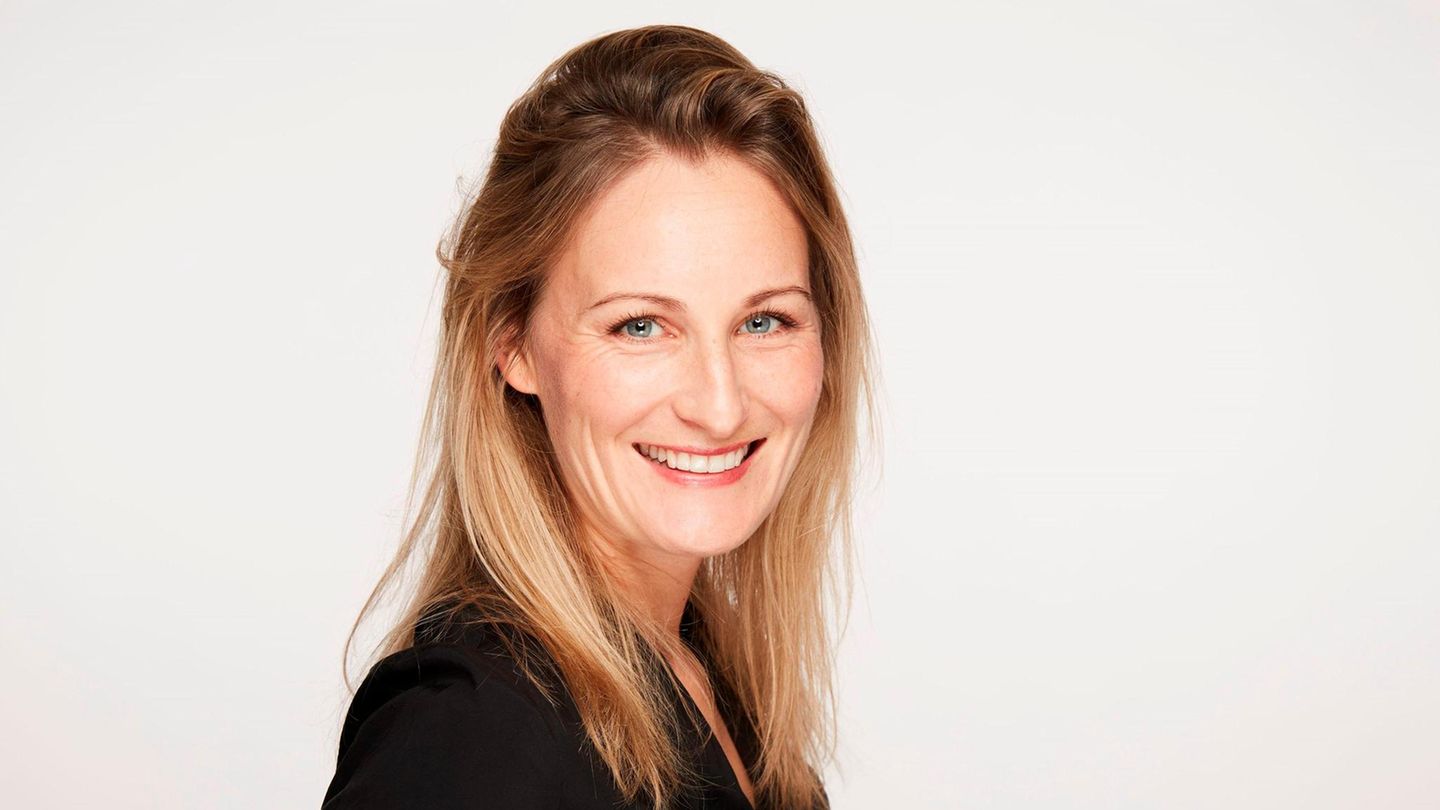podcast
EOS is a pioneer in 3D printing. A growing industry – but not at any price. Marie Langer, head of the family business since 2019, made it clear immediately when war broke out: no more business is conceivable with Putin’s Russia.
When the war in Ukraine began, Marie Langer wrote an urgent, emotional, clear post on LinkedIn: Effective immediately, her family company EOS will no longer do business with Putin’s Russia. More important than sales, she wrote, are “consistent action and standing up for democracy.” She demanded: “Let’s all raise our voices!”
Founded in 1989 by Langer’s father, Hans Langer, the company is a pioneer in industrial 3D printing. This technology could also be used for military purposes, it is one “dual use”technology – such as components in the aerospace industry. 3D printing is used, for example, to produce spare parts for airplanes or turbines. “However, we cannot influence whether these turbines will later be used in a combat aircraft or in a passenger aircraft”said Marie Langer .
The EOS boss wants to ensure “that this technology under no circumstances falls into the wrong hands and that we do not strengthen Putin economically”. So the technology company from Krailling no longer does business with Russian companies. A clear sign, the cost of “an amount in the higher single digits” will cause, according to Langer. “Nevertheless, measured against our turnover, when it comes to an annual plus of 350 million, this is of course only a marginal part.”
Marie Langer moved to the top of EOS in 2019 after a moderation process lasting several years. “It was always clear to me: I’m going into a creative role”, she said in an interview when she took office. Only board of directors would mean “sitting on the substitutes’ bench and watching others play”. The psychologist had previously founded a social business in the field of education – and then worked alongside her father for several years. Two years ago, she had specified the route to be taken: “My goal is to transform the company into a truly global player.”
Production technology of the future
3D printing has been considered a future technology in production for many years. In essence, it is about parts being manufactured decentrally in production and coated piece by piece, so-called additive manufacturing. However, some hopes in 3D printing have also turned out to be exaggerated. Marie Langer now aims to reduce the costs of the technology so that the area of application increases – in addition to aerospace, she sees great potential in the medical field, for example in prostheses and tools for surgeons. “This is where decentralized production makes the most sense”, according to the company boss. In view of the supply chains that have been strained for two years, additive manufacturing has also shown the advantages it has in the production of spare parts.
One of Langer’s major concerns is sustainability, because her technology would conserve resources and more lightweight construction can be used in aviation. Langer speaks of “Responsive manufacturing”. Despite its place as one of the world market leaders, EOS still has “a lot of homework” in front of him, Langer conceded. The solutions offered must be more industrialized and productivity increased. That means for EOS “a lot of work, but also a lot of potential”: “We believe we can serve up to 20 percent of the normal manufacturing market with our technology”said Langer.
Also listen to:
- How Marie Langer started as a company manager shortly before the pandemic
- What role her father still plays in the company
- Whether she sometimes misses her time with NGOs
All episodes can be found directly at , or or via .
Source: Stern
Jane Stock is a technology author, who has written for 24 Hours World. She writes about the latest in technology news and trends, and is always on the lookout for new and innovative ways to improve his audience’s experience.




